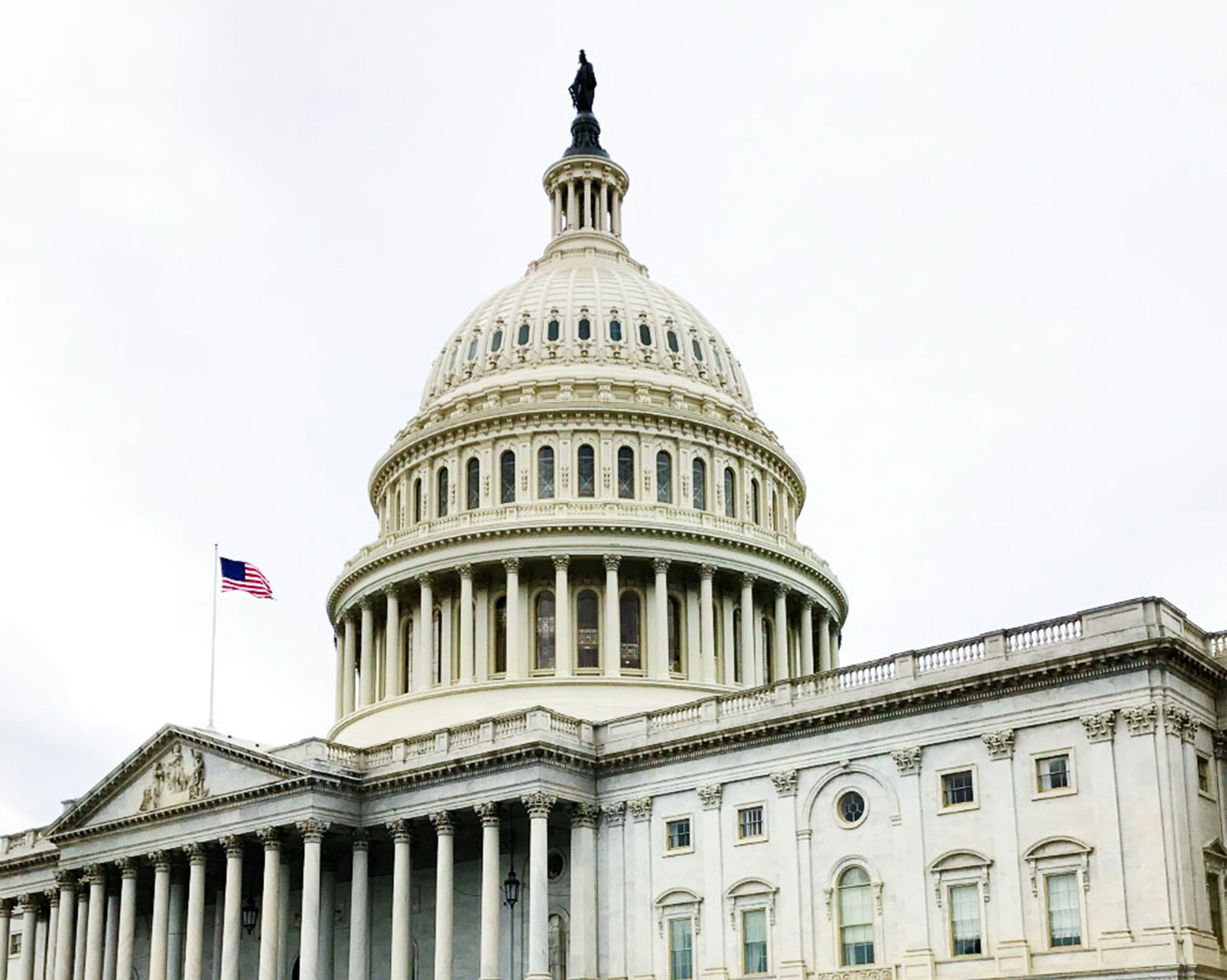
Hollywood Actors’ and Writers’ Strikes: Why They Matter
- Breaking News
The recent actors’ strike and ongoing writers’ strike (which includes my nephew, Stephen Colbert’s lead writer) are additional visible signals of labor’s renewed popularity and power. Seventy-one percent of Americans view unions favorably, the highest rating since the Gallup Organization began tracking this in 1965; and 74% of Millennials—those ages 27-42—would vote for a union if they had the opportunity. Although no unionized Starbucks location has a labor contract and the only Amazon union election win is in litigation, the increasing public perception is that unions can protect jobs—the rallying cry for writers and actors—and help with working conditions, pay and benefits—the promises unions have made to baristas and warehouse employees at Starbucks and Amazon.
In addition to providing a low-cost or no-cost platform for advertising about union strength and power, social media has helped to keep organizing underground, so the employer becomes aware of it later in the process. I analogize union organizing to chest pains—they may just be indigestion, but if you act promptly, you can be sure to reduce the risk that whatever the chest pains are due to is unlikely to escalate. The same applies for union organizing: the earlier the employer knows about it, the better the opportunity to intervene with things like truthful information campaigns and responsive supervisor training. So, employees who spread the pro-unionization message through social media, texting and other non-workplace platforms increase the already high likelihood of their success: unions win 70% of all elections they request.
Employers who seek to remain union-free should do a comprehensive culture audit to understand what issues could drive union organizing, not only with fair treatment, safety, pay and benefits, but also scheduling, how time off occurs, and amenities (are break areas like high school cafeterias or more like comfortable lounges). Find out what it’s like to work for your organization and address those areas of vulnerability. If this is done, your workforce will continue to follow the news of national strikes and union trends, but not join in.
If you have any questions or would like to discuss this further, please
contact Richard Lehr at 205-323-9260 or rlehr@lehrmiddlebrooks.com





